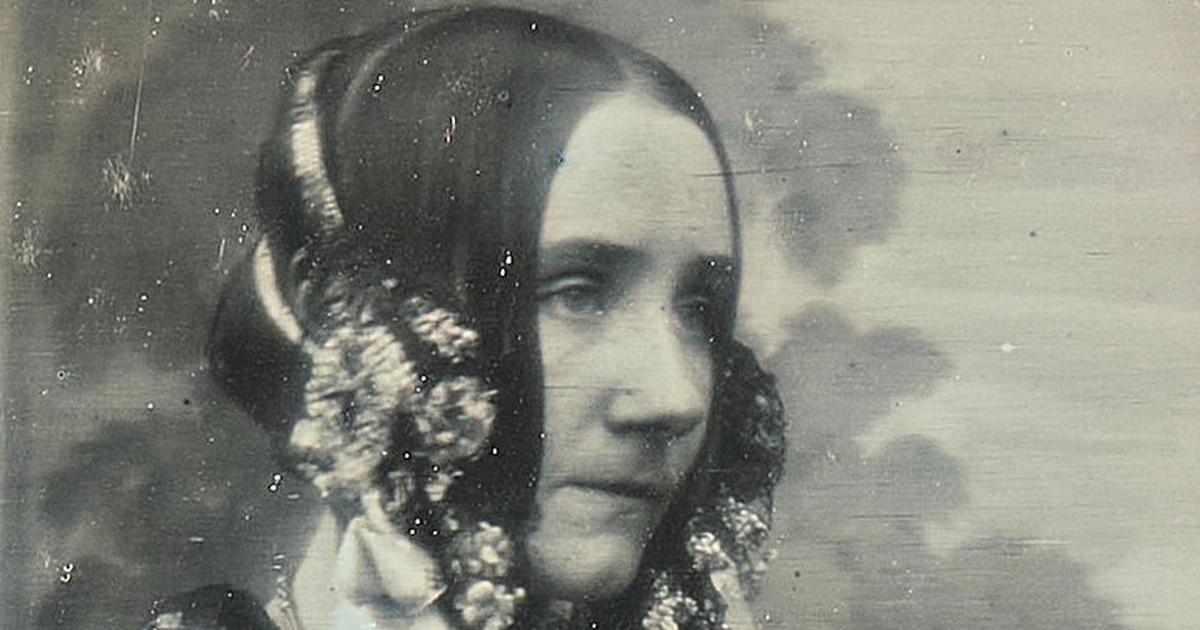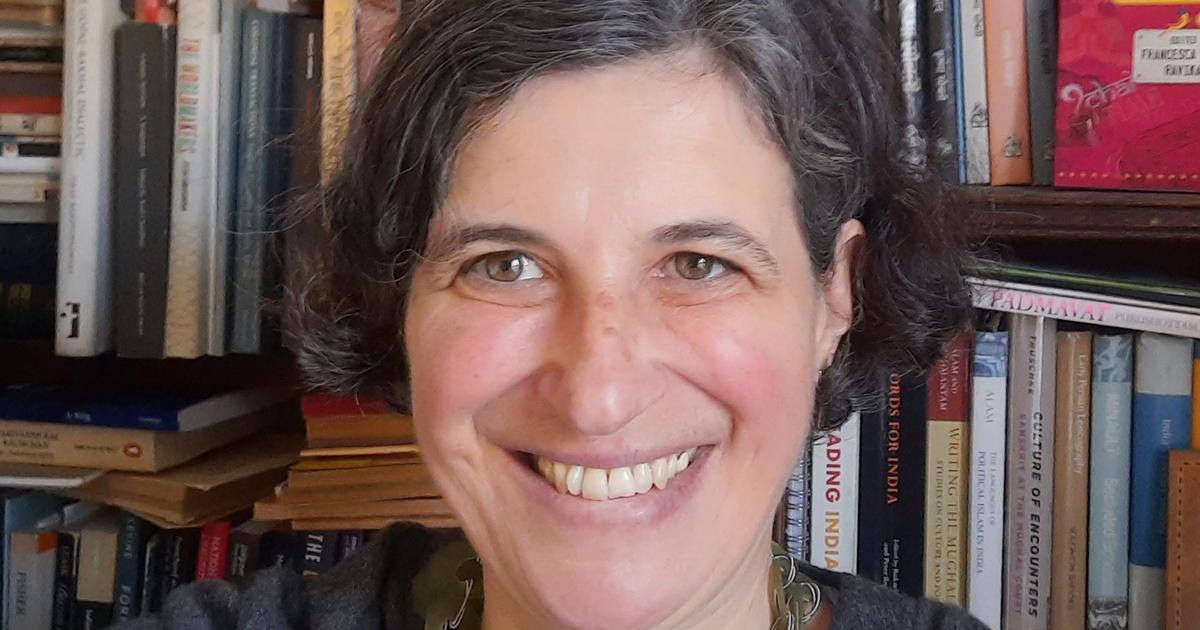Passion, integrity and self-reliance: Why Charlotte Brontë’s Jane Eyre is a heroine for our times

Join our WhatsApp Community to receive travel deals, free stays, and special offers!
- Join Now -
Join our WhatsApp Community to receive travel deals, free stays, and special offers!
- Join Now -

Ask someone when they first read Jane Eyre, and they will no doubt remember: the voice of its protagonist leaps off the page as if to grab you by the forearm, pulsating with life.
Passionate, determined, and fiercely protective of her claim to happiness, Jane possesses a strength of character that utterly belies the plainness and penury of her beginnings.
Even those who haven’t read this novel, first published in 1847, are likely to associate it with popular representations of governesses and madwomen, which Jane Eyre helped enshrine as icons of the Victorian era.
Narrated from the first-person point of view, Charlotte Brontë’s masterpiece is a landmark in the novel of interiority, the history of feminism, and the representation of religion and race.
Brontë’s early life
Jane Eyre is subtitled, “An Autobiography,” and the events of the novel – at once domestic and strange, familiar and fantastical – are deeply shaped by the experiences of its author. Born in Yorkshire to a prickly curate father, Charlotte Brontë was surrounded by death as a child. She lost her mother at the age of five, followed by two older sisters when a typhoid outbreak swept through their boarding school.
From then on, Charlotte remained at home with her other siblings – Anne and Emily, and her ne’er-do-well...
What's Your Reaction?
 Like
0
Like
0
 Dislike
0
Dislike
0
 Love
0
Love
0
 Funny
0
Funny
0
 Angry
0
Angry
0
 Sad
0
Sad
0
 Wow
0
Wow
0























































